
Study Confirms: Your Morning Coffee Boosts Happiness

For countless people across the globe, the day doesn’t truly begin until that first sip of coffee hits their lips. The comforting aroma drifting through the kitchen, the warmth of the mug in hand, and the familiar jolt of energy all combine to create a morning ritual that feels almost sacred. It’s not just about caffeine—it’s about comfort, routine, and a sense of control before the chaos of the day begins.
Many lifelong coffee lovers have long believed that their morning brew doesn’t just wake them up—it lifts their spirits. Now, science is starting to confirm what these devoted drinkers have sensed all along: your daily cup of coffee might actually make you happier.
A Scientific Look at Coffee’s Morning Magic
A recent study conducted by researchers at Bielefeld University in Germany and the University of Warwick in the UK found that caffeine doesn’t merely keep people awake—it may actually provide a noticeable boost in mood, especially in the early part of the day.
To investigate, the researchers tracked 236 young adults in Germany over a four-week period. Rather than isolating participants in a lab, the study followed them in their everyday lives. Using smartphone surveys, participants reported their moods and caffeine intake up to seven times a day.
Coffee’s Happiness Effect: Strongest in the Morning
The results painted a clear picture: mornings were consistently brighter and more positive after a caffeinated drink. Participants who had coffee or another caffeinated beverage reported feeling more energetic, upbeat, and mentally sharp during morning hours compared to days they skipped their usual dose.
The effect wasn’t just a small lift—it was significant enough to stand out even after controlling for variables like sleep quality or stress. The researchers found that the "happiness boost" was most pronounced earlier in the day, indicating that caffeine may help set a more positive tone for the hours ahead.
Even negative emotions like irritability, sadness, or brain fog were slightly reduced after caffeine consumption. Although this reduction was more modest and not strongly influenced by the time of day, it suggests a general mood-stabilizing effect.
A Surprisingly Universal Effect
Perhaps one of the most compelling findings was how consistent the mood-enhancing effect of caffeine was across the board. It didn’t matter whether participants were light coffee drinkers or consumed several cups a day. It also didn’t matter whether they struggled with mild anxiety or depressive symptoms—the positive impact on mood was remarkably uniform.
This was somewhat unexpected. Caffeine is a stimulant, and it's often thought to worsen anxiety in sensitive individuals. But this study didn’t find any significant differences in emotional response between those with varying mental health profiles. That said, the study excluded individuals who avoid caffeine altogether, likely because of sensitivity or adverse reactions—so the results don't apply to everyone.
Why Coffee Works: It’s All in the Brain
So, what is it about coffee that seems to brighten our mornings? The secret lies in how caffeine interacts with our brain chemistry.
As the day goes on, the brain naturally produces a chemical called adenosine, which promotes feelings of drowsiness. Caffeine closely resembles adenosine in structure and competes for the same receptors—blocking them and temporarily delaying the feeling of tiredness.
But caffeine doesn’t just stop you from feeling sleepy—it goes a step further. Blocking adenosine indirectly boosts other neurotransmitters, especially dopamine, the brain’s feel-good chemical linked to pleasure, motivation, and alertness. This chemical interplay creates not just wakefulness, but a subtle sense of well-being and focus, especially helpful when facing a busy morning.
Is It Real Joy—or Just Withdrawal Relief?
One question that researchers continue to explore is whether this coffee-induced lift is purely due to caffeine’s stimulating effects—or if it's also partly a relief from overnight withdrawal.
Even moderate daily caffeine users can experience mild withdrawal symptoms after a night without it: grogginess, mood dips, difficulty focusing. That first cup might simply be returning the brain to its “normal” baseline, rather than boosting it beyond that point.
Professor Anu Realo of the University of Warwick explains that while caffeine clearly improves alertness and mood, the balance between stimulation and withdrawal relief is still unclear. Further research will be needed to untangle these overlapping effects.
A Global Ritual, Rooted in Culture
Coffee is far more than a chemical boost—it’s a global cultural phenomenon. Roughly 80% of adults worldwide consume some form of caffeine daily, making it the most widely used psychoactive substance on the planet.
The love affair with coffee dates back centuries. The earliest known use traces to Ethiopia, where coffee plants were first cultivated. By the 15th century, coffee houses were bustling centers of conversation and learning in the Middle East. In 17th-century Europe, cafés became gathering places for philosophers, writers, and revolutionaries alike.
Even bees have shown a preference for caffeine. Studies have found that bumblebees are more likely to return to flowers that contain caffeine in their nectar, possibly because it enhances their memory—an evolutionary quirk that mirrors our own preference for the buzz.
The Pros and Cons of Caffeine on Health
While the mood-lifting effects of caffeine are clear, it’s not without downsides. In moderation, caffeine has been linked to improved focus, faster reaction times, and even lower risks of certain conditions like Parkinson’s disease and type 2 diabetes.
But too much caffeine can lead to jitteriness, dependence, digestive issues, and sleep disturbances—especially if consumed late in the day. Ironically, poor sleep can worsen mood the following morning, counteracting the very benefit coffee is supposed to provide.
Health authorities generally recommend no more than 400 milligrams of caffeine per day, about the amount in four standard cups of brewed coffee. But individual tolerance varies, and some people may feel overstimulated with much less.
Coffee as a Ritual of Comfort and Connection
Beyond the biological effects, coffee holds emotional and symbolic weight. Brewing a cup in the morning is, for many, a moment of calm before the rush. It’s a grounding habit—something predictable in an unpredictable world.
Think of the clink of a spoon in a ceramic mug, the steam rising in the cool morning air, the quiet pause before emails and errands begin. These small rituals help create a sense of mindfulness, community, and personal space.
Coffee shops, too, offer more than just beverages. They’re modern-day meeting points—places to study, chat, read, work, and reconnect. The social dimension of coffee is a big part of why it remains such a cherished tradition.
What This Means for Everyday Coffee Drinkers
So, what does this all mean for the average coffee enthusiast? It confirms what many already feel deep down—that their morning coffee isn’t just a habit, but a genuine mood booster, especially effective in those early hours when our brains are still shaking off sleep.
Used wisely, coffee can support productivity, improve focus, and create a small pocket of joy to start the day. But like any good thing, balance is key. Relying on coffee to power through exhaustion or emotional lows can backfire over time.
The Final Word: Savor the Sip
Coffee isn’t just a drink—it’s a blend of biology, history, and emotional connection. This new research reinforces the idea that coffee is more than a wake-up tool. It’s a daily ritual of optimism, a little act of self-care, and for many, a moment of mental clarity.
And perhaps the happiest mornings are the ones where coffee is savored slowly, not gulped in a rush. When it’s part of a healthy routine, not a crutch. A cheerful cup, with its rich aroma and warm comfort, can be just the thing to make facing the day a little easier.
News in the same category

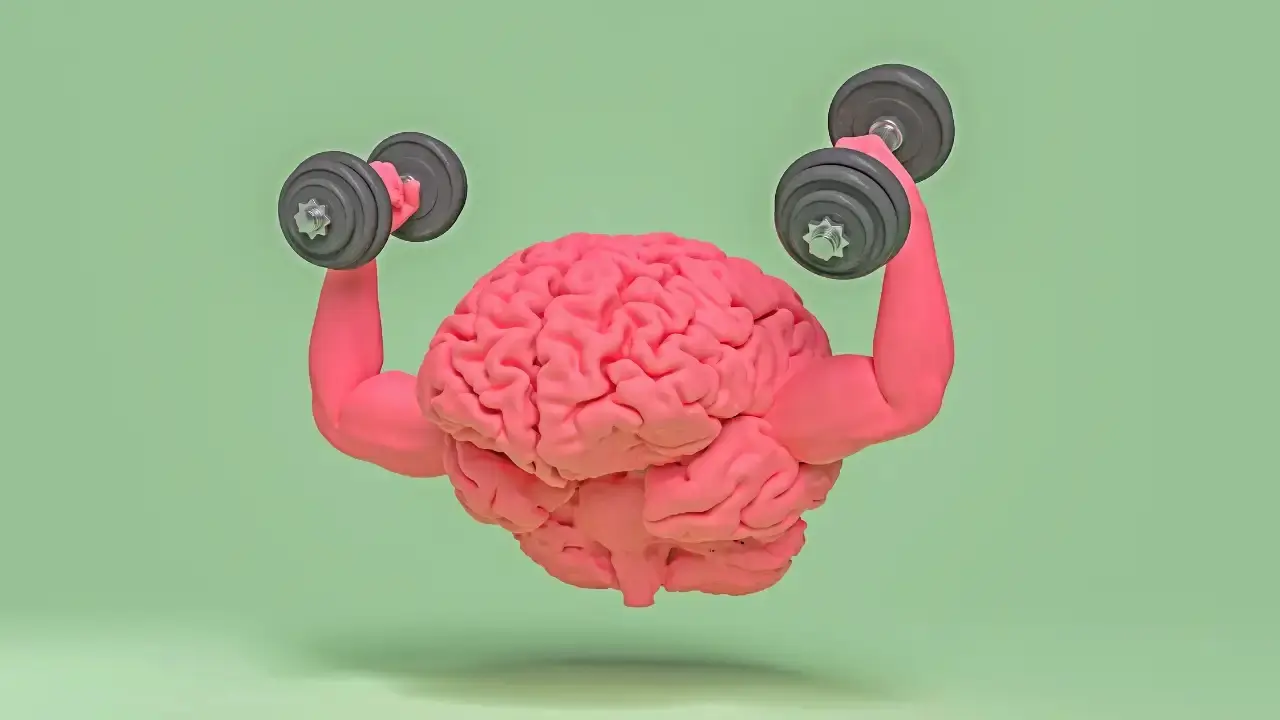
If You Do These 8 Things You Are Slowly Destroying Your Brain

How Drinking Bottled Water Could Seriously Impact Your Health
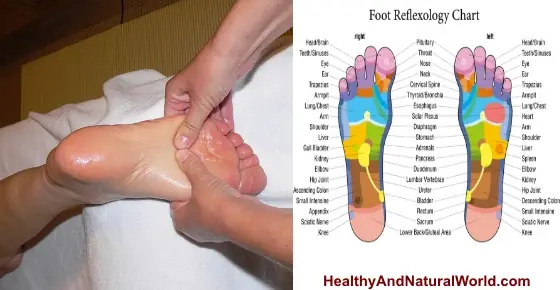
The Unexpected Health Benefits You Get from Massaging Your Feet Often Will Shock You

Insomnia No More! Try This Secret Method to Fall Asleep Fast and Sleep Deep
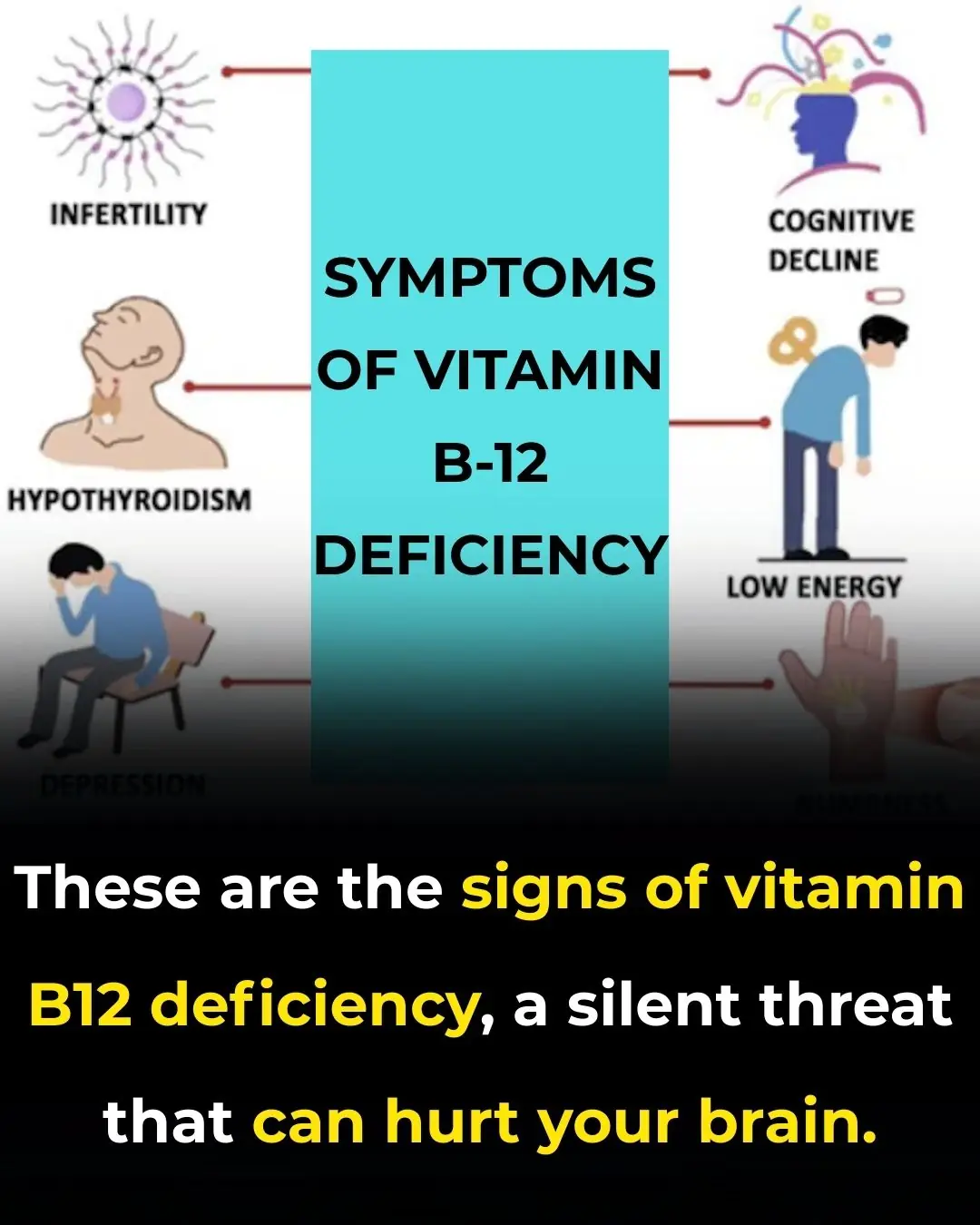
Symptoms of Vitamin B12 Deficiency

If Your Heart Hurts Suddenly, It Could Be a Warning Sign of These Diseases
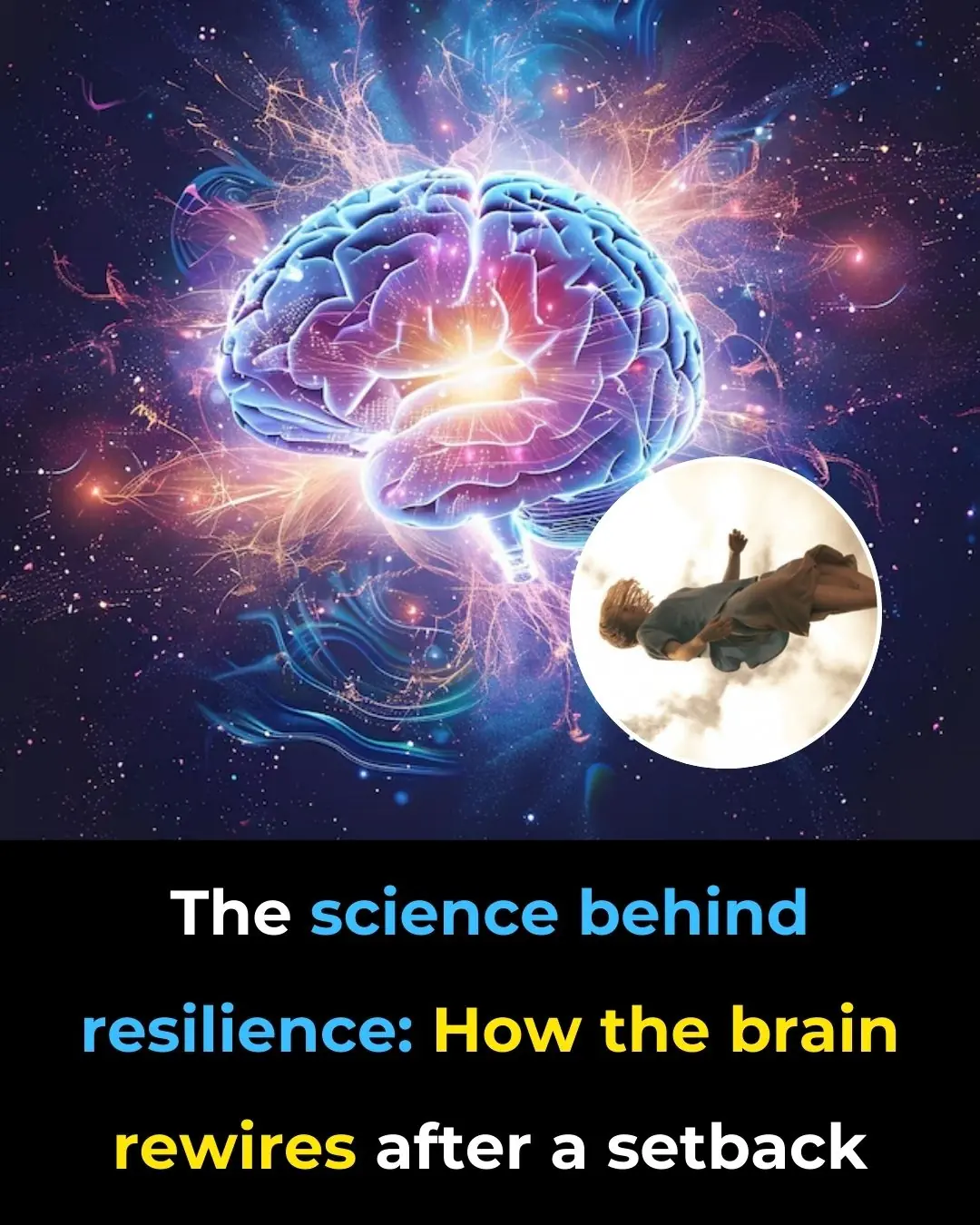
The Science Behind Resilience: How the Brain Rewires After A Setback
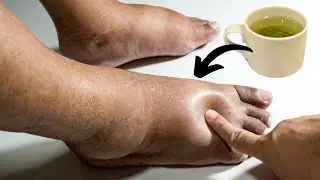
Swollen Legs, Ankles and Feet: Causes and Proven Remedies (Including Parsley Tea Recipe)

We Tested Dozens of Workout Leggings — These 11 Were the Best
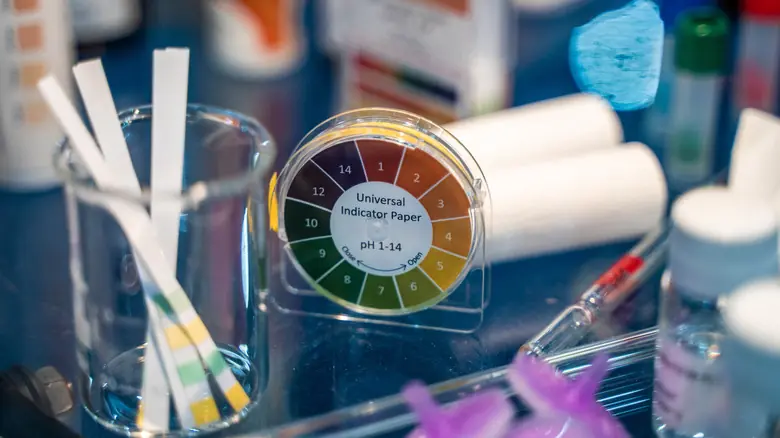
pH Balance and Your Health: What the Science Says About Acidosis and Alkalizing Your Body
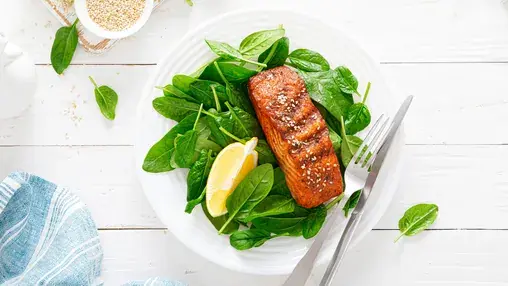
5 Best Foods for Alopecia
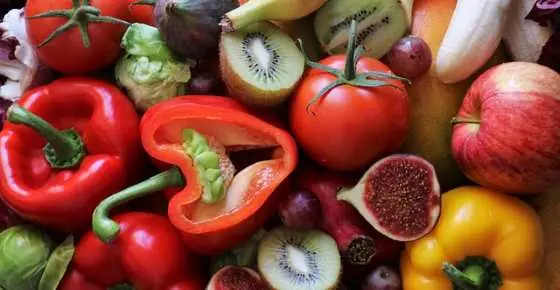
The Anti-Cancer Diet: Cancer Fighting Foods to Help Prevent Cancer (Evidence Based)
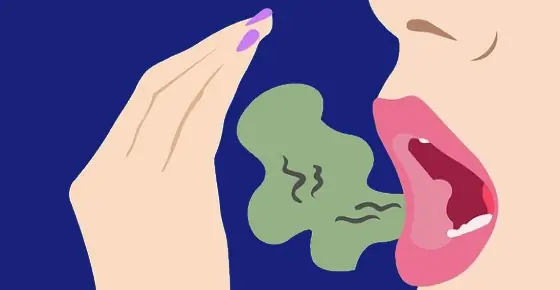
How to Get Rid of Bad Breath (Halitosis): Scientifically Proven Home Remedies

Which Antiplatelet Works Better in Impaired Renal Function?

Debate Over? Radiotherapy vs Surgery in High-Risk Prostate Cancer
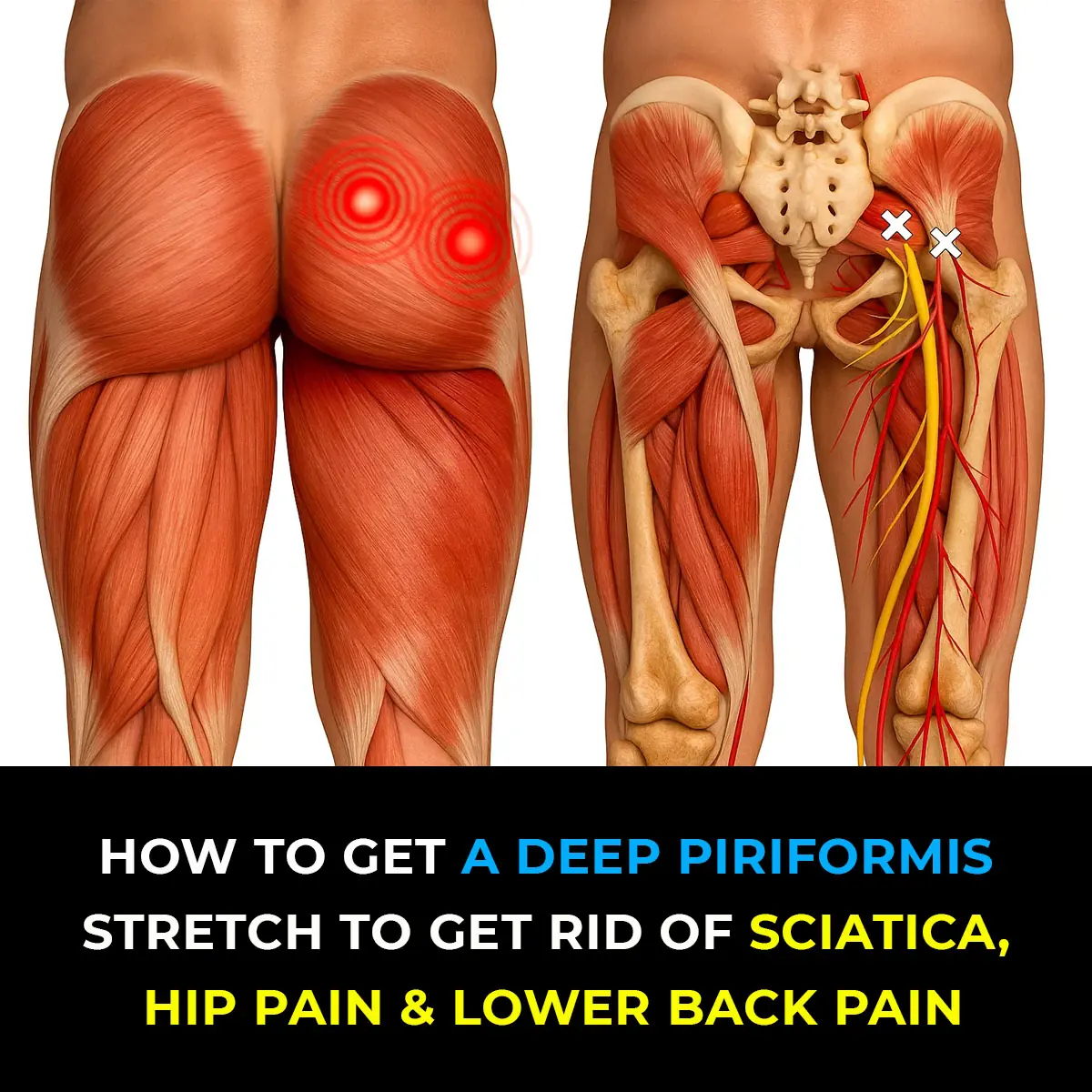
Powerful Piriformis Stretch to Soothe Sciatic, Hip, and Lower Back Pain

Schamroth Window Test May Reveal if You Have Finger Clubbing
News Post

'Hostile' comet aimed at Earth could obliterate the world's economy 'overnight' if it hits

Iconic movie sequel delayed until 2027 after online sleuths 'guessed the plot'

Wooden Cutting Board Got Black Mold? Skip the Soap—Do This 5-Minute Reset

Don’t Use Plain Water for Flower Arrangements

When Boiling Sweet Potatoes, Don’t Use Plain Water—Add a Spoonful of This for Softer, Sweeter Results

Don’t Thaw Fish by Putting It in Water

Don’t Clean Your Bathroom Mirror with Plain Water

The Correct Way to Add Detergent and Fabric Softener to Your Washing Machine

Don’t Throw Away Rice Washing Water: 6 Smart Uses That Can Save Serious Money

Don’t Sleep With Your Pets

How to Store Fish and Meat in the Refrigerator: Shop Less, Keep Food Fresh All Month

How many eggs should you eat a week?
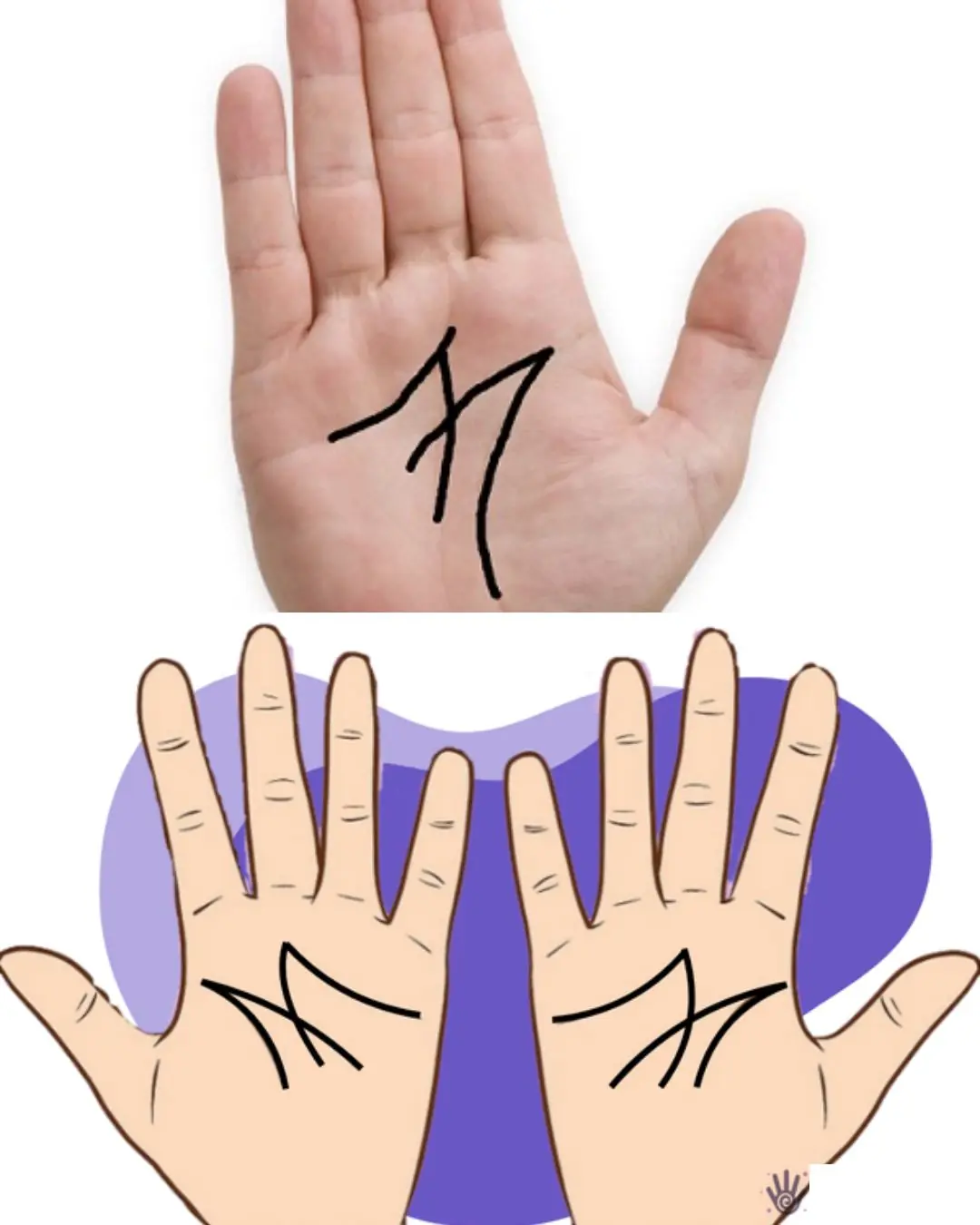
The Secret Meaning of the Letter “M” on Your Palm

The Remarkable Journey of Tru Beare, Who Was Born Weighing Only One Pound

If You Do These 8 Things You Are Slowly Destroying Your Brain

How Drinking Bottled Water Could Seriously Impact Your Health

The Unexpected Health Benefits You Get from Massaging Your Feet Often Will Shock You

Researchers Create Injectable Hydrogel to Boost Bone Strength

If You Have Moles on This Part of Your Body
